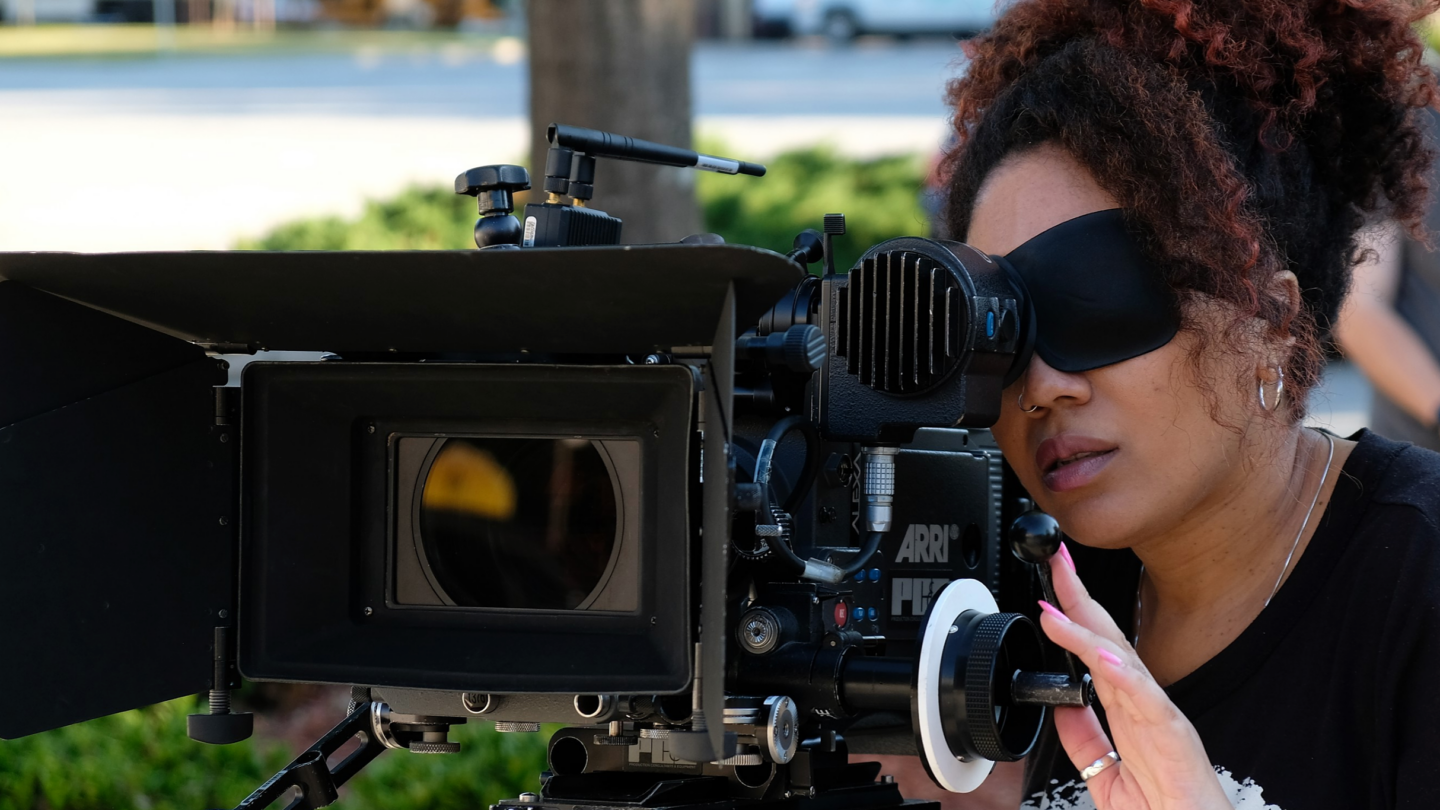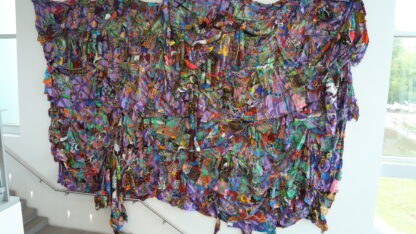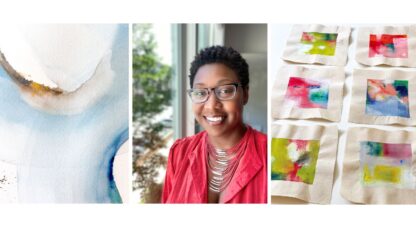Alexxiss Jackson is a film industry professional and a longtime resident of Atlanta’s Old Fourth Ward. She’s specialized as a director of photography for the last seven years, though Jackson has worked in film in various roles since 2007. “I have been interested in stories and wanting to be a storyteller since I was very, very small,” said Jackson. “I was a voracious reader when I was younger … I would write novels, and I would make my family members read them.” Jackson’s drive to capture and create visual stories remained strong and eventually led her to attend film school with the hope of becoming a music video director.
Over the years, Jackson’s projects have extended to short and feature-length films, with photography, cinematography and pre-and post-production roles. She applies her discerning eye to questions regarding a film’s visual aesthetic in pre-production. “That could be looking at photography references or music references that fit a certain mood that the director is going for, or watching a film that the director says ‘Oh, I love the vibe of this.’” Jackson might also be responsible for sourcing and testing lenses and filters that will determine a film’s look.
“I don’t really have a normal day per se, and I think that that’s one of the things that I love the most about my career,” said Jackson. She described long hours on location trips across the United States or working in-studio sets in LA and New York, constantly adapting her skills and established treatments for various scenarios.
Jackson explained, “I often say that I feel that being a director of photography is sort of a marriage of the technical and the creative, or using the technical knowledge that you have about lighting, about camera bodies, about all of the technical aspects of filmmaking, and … using that knowledge to ultimately tell a story.” Though she still loves books and other storytelling mediums, Jackson attests that there’s a particular satisfaction in creating narrative and sculpting a viewer’s attention with tricks of light and focus.
“Watching other people watch it after it’s finished, and seeing them laugh at a moment, or gasp at a moment, or tear up during a moment — it shows that we view those storytelling devices effectively,” said Jackson.









